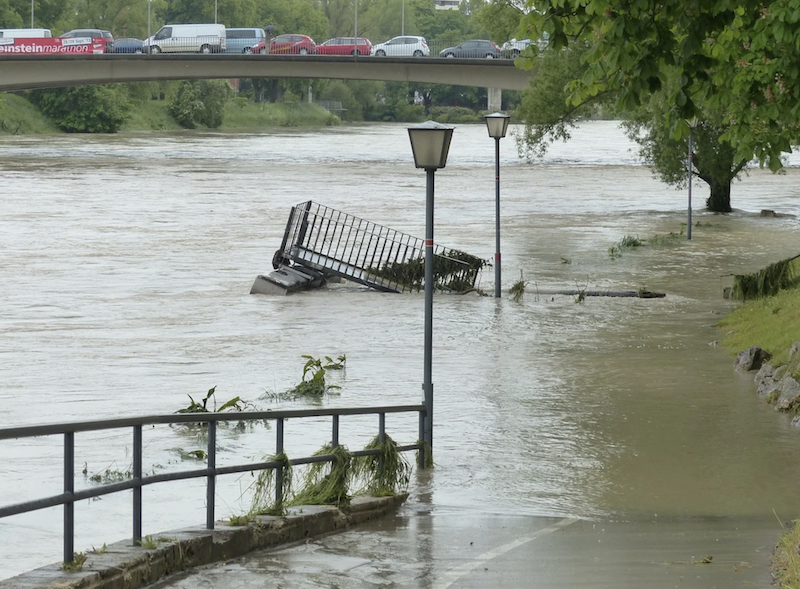U.S. policymakers used to believe that relocating entire flood-prone communities away from vulnerable areas was too extreme a measure. That view is changing.
There is a growing acceptance that rebuilding over and over after successive floods makes little sense. The Federal Emergency Management Agency recently detailed a new program that will be funded in the billions of dollars to pay for large-scale relocation nationwide.
The Department of Housing and Urban Development has started a similar program, which followed a decision by the Army Corps of Engineers to prompt local officials to force people out of their at-risk homes or forfeit federal funds for flood-protection projects.
State governments are making similar moves. New Jersey has bought and torn down 700 flood-prone homes and made offers on hundreds more. California has told local governments to begin planning for relocation of homes away from the coast. North Carolina, South Carolina, and Texas have said they want to use federal money to fund the purchasing and demolishing of homes exposed to storms.
Related Stories
| Oct 18, 2012
OSHA investigating parking garage collapse that kills four at Doral, Fla. college
OSHA is investigating the collapse of a five-story concrete parking garage under construction at Miami Dade College West Campus in Doral, Fla. that killed four workers and injured several others.
| Oct 18, 2012
EPA commercial building lead paint rule pushed back to 2015
The U.S. Environmental Protection Agency's inclusion of commercial buildings in a residential lead paint rule is being delayed until 2015.
| Oct 18, 2012
Chicago pushing green roofs to reduce heat island effect
The city of Chicago has mandated that all new buildings that require any public funds must be LEED certified, usually with a green roof.
| Oct 11, 2012
OSHA launches pilot program for alternative dispute resolution on whistleblower complaints
The Occupational Safety and Health Administration (OSHA) is launching an alternative dispute resolution (ADR) pilot program for complaints filed with OSHA's Whistleblower Protection Program.
| Oct 11, 2012
Bill promotes investment in commercial, multifamily retrofits
The Commercial Building Modernization Act recently introduced in the Senate would extend and streamline a current tax deduction to encourage commercial and multifamily residential building owners to perform comprehensive energy-efficient retrofits.
| Oct 11, 2012
Morristown, N.Y., settles code violation dispute with Amish
The town of Morristown, N.Y., has dropped charges of building code violations against local Amish communities to settle a First Amendment complaint.
| Oct 11, 2012
Mesquite, Nev., rebels against state-mandated energy code
The city council of Mesquite, Nev., voted against adopting a new energy efficiency code adopted by the state.
| Oct 11, 2012
Bloomingdale, N.J., restricts ground solar and wind energy installations
The borough of Bloomingdale, N.J., recently adopted regulations for solar-energy and wind energy systems.













